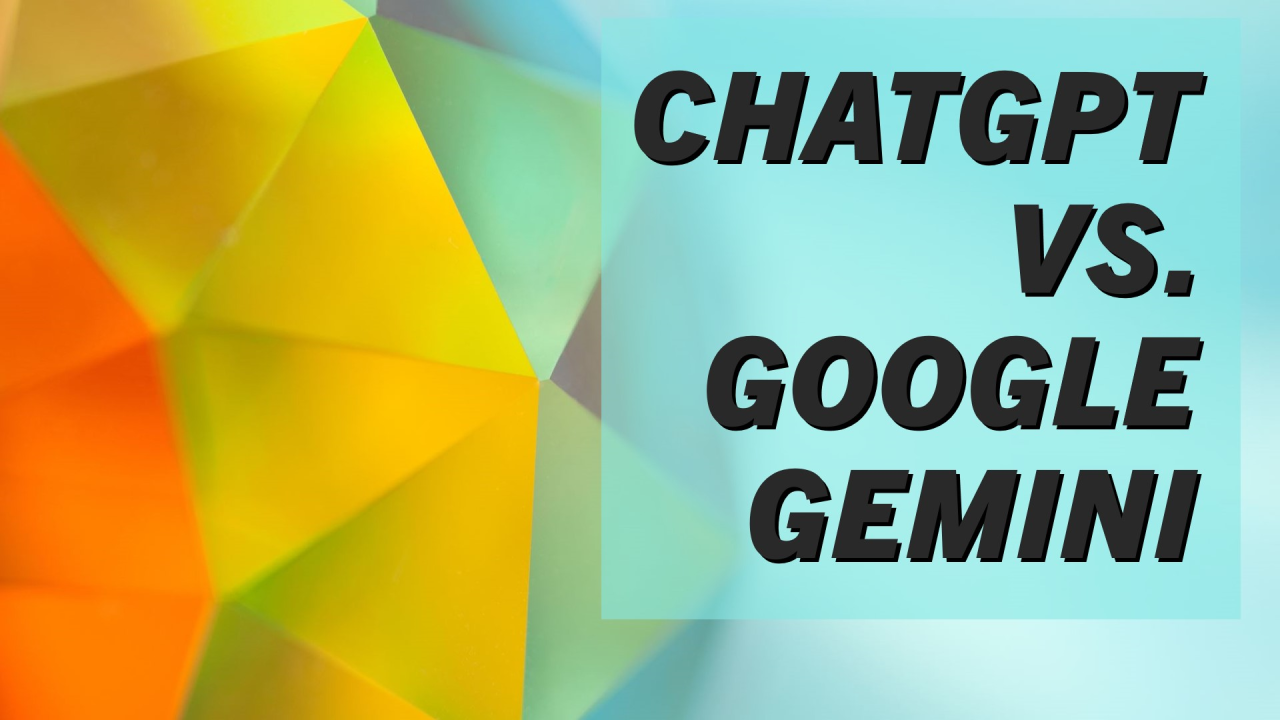
ChatGPT vs. Google Gemini: A Comparative Analysis for Business Applications
Introduction
The rapid advancement of artificial intelligence (AI) has led to the development of powerful language models capable of revolutionizing various aspects of business operations. Two prominent examples are ChatGPT, developed by OpenAI, and Gemini, a creation of Google AI. Understanding the unique strengths and limitations of these models is crucial for businesses seeking to leverage AI for tasks such as customer service, content creation, and data analysis.
ChatGPT was initially released in November 2022 and is based on the GPT-3.5 architecture. It is trained on a massive dataset of text and code, allowing it to generate human-quality text in response to a wide range of prompts and questions. OpenAI, a research laboratory focused on developing and promoting friendly AI, has been at the forefront of AI innovation.
Gemini is a more recent development from Google AI, launched in December 2023. It is designed to be a multimodal model, capable of processing and generating text, code, images, and audio. This versatility makes it suitable for a wider range of tasks, including those that involve visual or auditory data.
Comparing ChatGPT and Gemini can be invaluable for businesses seeking to identify the most suitable AI model for their specific needs. By understanding the differences in their capabilities, organizations can make informed decisions about how to best integrate AI into their workflows and maximize its benefits.
Key Differences
While both ChatGPT and Gemini share some similarities, they exhibit distinct characteristics that make them suitable for different applications.
Multimodality:
领英推荐
Reasoning and Understanding:
Scalability and Efficiency:
Specific Use Cases:
Conclusion
By understanding the key differences between ChatGPT and Gemini, businesses can make informed decisions about which AI model is best suited for their specific needs and objectives. Both models offer valuable capabilities, but their strengths and weaknesses differ. By carefully considering the requirements of their applications, organizations can leverage AI to enhance their operations and achieve their goals.